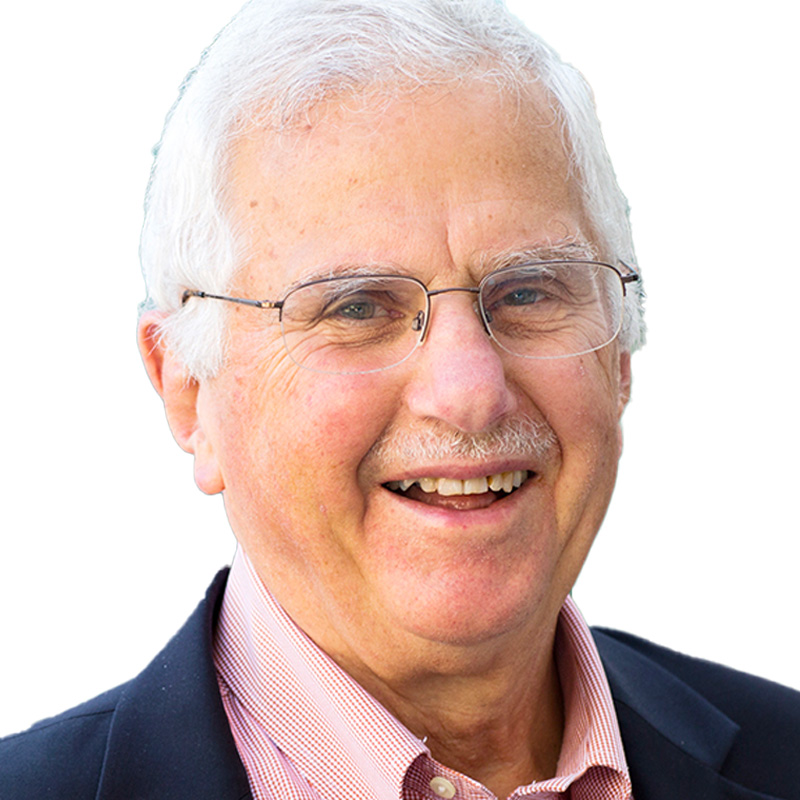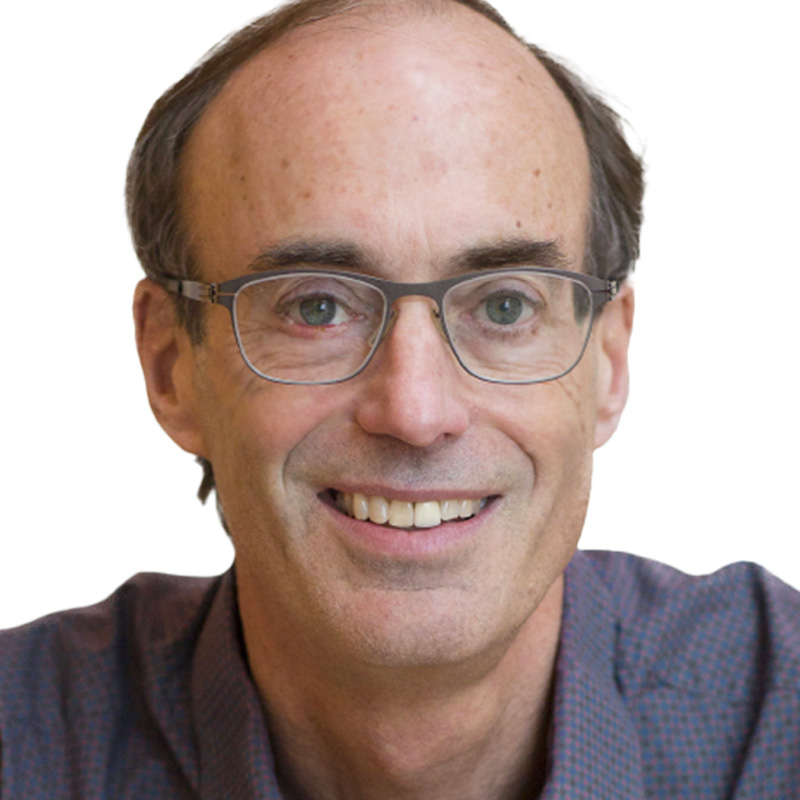Thoughts from our community of stakeholders.
For science to flourish and gain its rightful place in society, it is crucial that we pay close attention to the incentives that determine how scientists spend their time, so as to produce the best scientific research/science education system possible. I applaud ICOR for experimenting with new ways to overcome the many barriers that make science less effective and less collaborative than is now required to meet the enormous challenges facing humanity.
Bruce Alberts
Chancellor’s Leadership Chair in Biochemistry and Biophysics for Science and Education at UCSF; awarded the National Medal of Science by Barak Obama; served as two-term President of the National Academies of Science, Editor-in-Chief of Science, U.S. Science Envoy, and co-author of Molecular Biology of the Cell.

While the scientific community has made great strides in the past century, the time of the lone scientist, or even teams of scientists from closely-related fields is over. Society faces complex, multi-dimensional challenges which can only be met by strong collaborations and tight integration across multi-disciplinary teams of scientists and technologists. The ICOR effort is critical in making this badly-needed shift and provides a grounded model for universities, funding agencies and science and technology-based organizations.
Mary “Missy” Cummings
Professor of Electrical and Computer Engineering at Duke University, robotics pioneer, and NHTSA Safety Advisor for the Biden Administration. A staunch advocate for interdisciplinary team requirements for most public and private research efforts.

Among the barriers for accelerating the transition to open science is implementation. The ICOR initiative is addressing this barrier by building a roadmap to help funders and institutions incentivize and reward open science and collaboration. This initiative will not only accelerate the translation of research discoveries toward greater outcomes, but increase the impact of research funding.
Chonnettia Jones
VP of Research at Michael Smith Health Research BC; developmental biologist with 20+ years experience in science and health research, strategy and policy in the US, UK/Europe and Canada; founding partner of an international collaboration to make translational research more effective, equitable, diverse and inclusive; influential speaker, advisory board member, and mentor on these issues.

It’s crucial to build a body of evidence on the benefits of open research that can inform policies within governments, funders, and institutions. ICOR is assembling and facilitating key implementation projects throughout the research lifecycle that will be proof points for open research. This initiative builds on the important work done by the NASEM Roundtable by moving from recommendations to action
Heather Joseph
Executive Director of SPARC, a global advocacy organization supporting equitable sharing of digital articles, data, and educational resources; builds and maintains strategic partnerships and coalitions with all stakeholders to formulate policies, campaigns, and resources that enable the open sharing of research outputs.

ICOR’s goals are in alignment with our mission and values at Aligning Science Across Parkinson’s, which are to foster collaboration, transparency, and open access data sharing to accelerate the pace of discovery, and inform the path to a cure. It’s exciting to see ICOR build on our work as a case study for how funders can use policy and best practices to incentivize collaborative open research.
Ekemini A. U. Riley
Managing Director of Aligning Science Across Parkinson’s (ASAP), a research funding initiative that coordinates targeted basic research and resources to uncover the roots of Parkinson’s disease. Prior to ASAP, Dr. Riley was a director at the Milken Institute Center for Strategic Philanthropy where she helped to shape and co-direct the center’s medical research practice. Dr. Riley is a trained molecular biologist who serves as an advisor to several scientific and policy initiatives.

Technological advances have accelerated the pace of discovery and the application of that knowledge to the greatest challenges we face in health and climate change. Increasingly, these problems require interdisciplinary approaches best tackled by collaborative efforts. And yet, academic science remains fixed on a model of reward favoring the individual over the team with recognition based on priority of authorship in prestige journals. The projects outlined by this group are both creative and urgently needed to disrupt that model and help establish a reward system for team-based research.
Randy Schekman
Professor of Cell & Developmental Biology at UC Berkeley, awarded the Nobel Prize in 2013; Scientific Director of the research funding initiative Aligning Science Across Parkinson’s, devoted to collaboration and data sharing; founding editor-in-chief of the open access journal eLife and advocate of journal publishing reform.

Over the decades I’ve referred to the ‘five deadly sins’ of scientific publishing, asking why researchers voluntarily give over control to publishers who delay, hide and deeply, significantly damage the discovery process. It is encouraging and even startling to see this group implementing real-life solutions to return the dialog to authors and their peers, with rewards based on their authentic contributions to science.
Vitek Tracz
Publishing entrepreneur and Chairman of ScienceNow which published the Current Biology journals, F1000Research, and many more visionary publications; pioneer and innovator in the open access movement and the rapid publication of results; outspoken opponent of the impact factor.

There is a growing awareness that collaborations and the open sharing of information facilitate scientific discoveries. Despite this recognition, we are at an early stage of developing effective ways of incentivizing and recognizing contributions in open and collaborative science. The ICOR initiative is tackling this important problem and is well positioned to make significant contributions to the practice of science in the coming decade.
Ronald Vale
VP and Executive Director, HHMI’s Janelia Research Campus; as champion of democratic access to high-quality science, founder of three nonprofit organizations: iBiology, ASAPbio, and IndiaBioscience, which promotes the networking of Indian biologists and mentoring of young scientists; Vale’s lab also developed MicroManager, open source software for microscopy.

Scientists understand that research will best proceed if findings are openly shared, and that transformative discoveries will typically emerge from diverse, collaborative teams of researchers. However, academic researchers are trapped by institutional and funding agency recognition and rewards systems that assign value to journal prestige, position on author lists, and perceptions of individual achievement that deter open science. ICOR is building a pathway for stakeholder groups to rectify misaligned incentives and place primary value on research quality and impact.
Keith Yamamoto
UCSF Vice Chancellor for Science Policy and Strategy and Director of Precision Medicine; Founder of Molecular Biology of the Cell; Co-Chair of the National Academies Roundtable on Aligning Incentives for Open Science; Board Member on the PLOS, the California Institute of Regenerative Medicine and many more.

